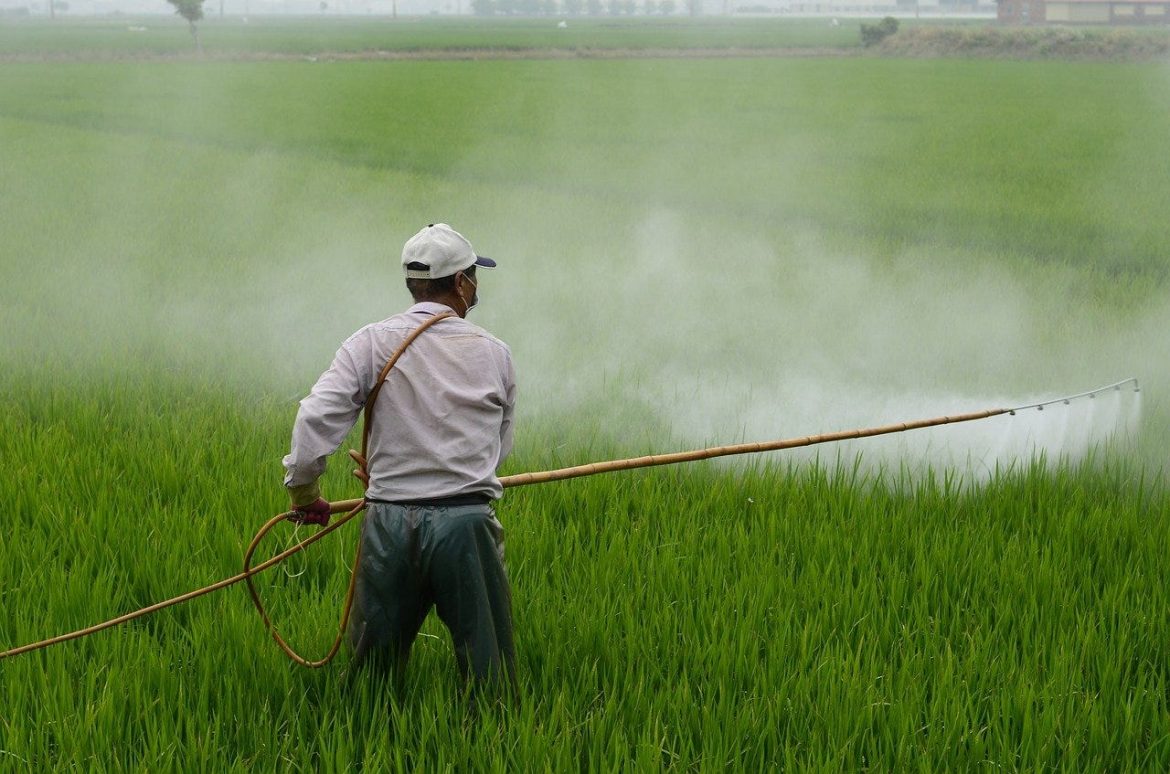Costa Rica, often celebrated for its ‘Pura Vida’ lifestyle and stunning ecological beauty, faces a lesser-known challenge that tarnishes its pristine image—the environmental and public health repercussions of its banana industry. As one of the world’s largest exporters of bananas, Costa Rica’s reliance on chemical pesticides poses significant risks, raising concerns among environmentalists, health professionals, and consumers alike.
The Dark Side of the Banana Trade
Bananas are a cornerstone of Costa Rica’s economy, contributing significantly to its GDP and employing thousands. However, the production process is far from the idyllic scenes one might imagine. To meet global demands and maintain crop yields, producers often use a range of chemical pesticides that can have devastating effects on both the environment and human health.
Chemical Warfare on Pests and the Planet
The pesticides used in banana cultivation, including insecticides, fungicides, and herbicides, are among the most potent and environmentally damaging. These chemicals are not only applied to the crops, but they also infiltrate the soil, water sources, and surrounding biodiversity. Runoff from banana plantations contaminates rivers and streams, which can lead to dead zones in aquatic ecosystems where nothing can live due to depleted oxygen levels.
Health Hazards for Workers and Communities
The health implications of pesticide exposure among plantation workers and nearby residents are severe. Reports indicate an increased incidence of illnesses linked to pesticide exposure, including respiratory conditions, skin diseases, and even more alarming, a rise in cancer rates. Workers handling these chemicals often face inadequate protection and safety training, exacerbating the risks.
The Plight of the Public and Environmental Health
Beyond the plantations, the broader environmental health of Costa Rica suffers. Pesticides contribute to soil degradation and reduce biodiversity by killing not only pests but also beneficial insects and other wildlife. This disruption has a cascading effect on the ecosystem, impacting everything from pollination processes to the health of local fauna.
Consumer Awareness and the Push for Change
The global community’s growing awareness of these issues has put pressure on the banana industry to seek alternative practices. Consumers increasingly demand products that are not only healthy and safe but also sustainably produced. This shift is encouraging some producers in Costa Rica to explore organic farming techniques and integrated pest management systems that reduce chemical reliance.
The Role of Legislation and Sustainable Practices
The Costa Rican government, along with environmental organizations, is at a crossroads. Strengthening regulations on pesticide use, enforcing strict safety measures, and investing in sustainable agriculture research are crucial steps needed to protect public health and the environment. Promoting practices such as crop rotation, biological pest control, and organic certification can help mitigate the adverse effects of traditional banana farming.
A Path Forward for Costa Rica
Transitioning to sustainable banana production not only aligns with Costa Rica’s eco-friendly ethos but also offers a competitive edge in a market where consumers are increasingly eco-conscious. Educational programs aimed at farmers about the benefits and practices of sustainable agriculture, coupled with governmental incentives for clean farming, could pave the way for a healthier, more sustainable banana industry.
While the economic benefits of banana exports are significant for Costa Rica, the environmental and health costs necessitate a reevaluation of current practices. For Costa Rica to truly live up to its ‘Pura Vida’ reputation, a shift towards sustainability and health-conscious farming is imperative. By adopting and enforcing stricter regulations and supporting sustainable practices, Costa Rica can ensure that its banana industry contributes positively to both its economy and the well-being of its people and the planet.

